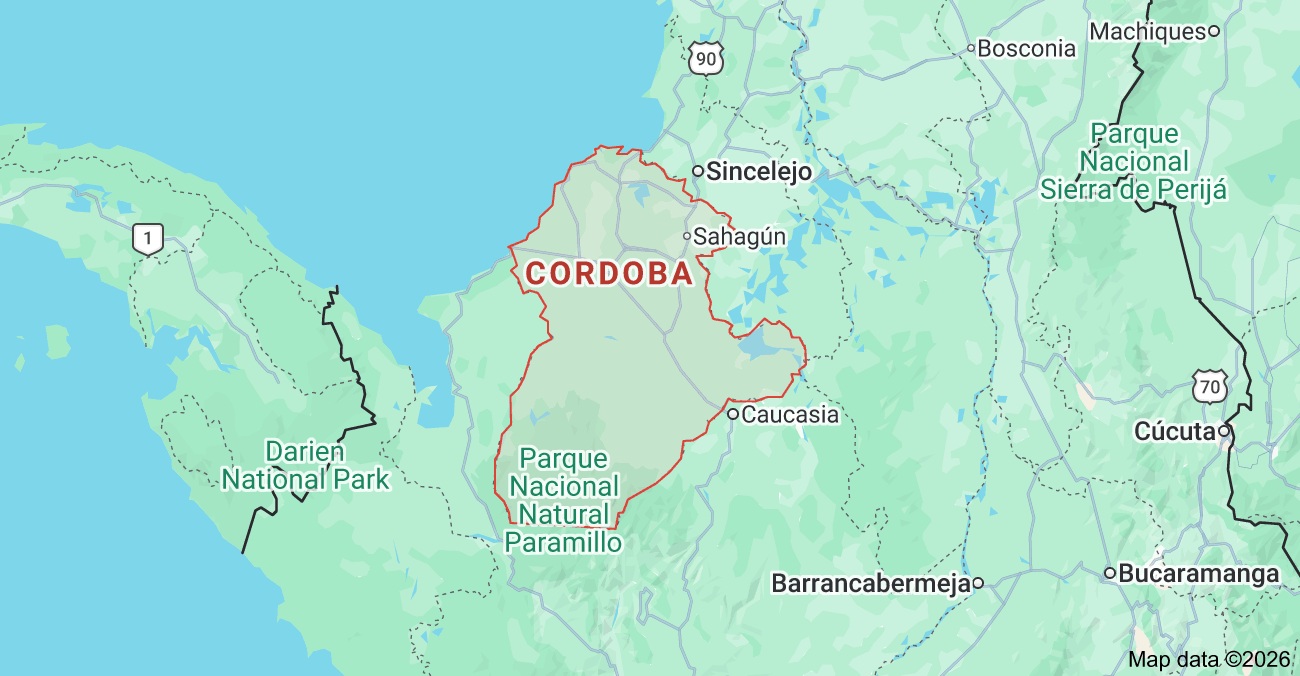ENVIRONMENT: Sustainability From The Ground Up

If all politics is local, then so too must be dealing with climate change. In Canada, the Province of British Columbia has empowered municipalities to take on the initiatives required to address sustainability at the local level.
By John Robinson
SINCE 2011, a team of researchers and partners from local government and non-governmental organizations, under the direction of Professor Ann Dale of Royal Roads University, has been looking at how municipal governments in British Columbia, have responded to provincial climate policy.
From 2012 to 2014, we reviewed 180 cities and municipalities, First Nations and regional districts; identified 11 cases of best practice; and interviewed representatives of those communities to see what they were doing and how well it was working.
So what did we learn?
First, provincial leadership on climate change was very important. British Columbia was an early leader in climate policy in Canada, instituting a carbon tax and other climate policies aimed at incentivizing municipal climate action.
 Some municipalities developed climate policies for the first time because of these provincial policies. Such policies also encouraged those municipalities that had already started to take action to go further. In effect, British Columbia’s climate policies, including the requirement that cities and municipalities report emissions, changed how municipalities made decisions on climate change.
Some municipalities developed climate policies for the first time because of these provincial policies. Such policies also encouraged those municipalities that had already started to take action to go further. In effect, British Columbia’s climate policies, including the requirement that cities and municipalities report emissions, changed how municipalities made decisions on climate change.
Second, six of the eleven leading communities framed their actions in terms of a broad sustainability agenda, rather than just climate change.
 This allowed them to link climate change action to broader issues, such as land use planning.
This allowed them to link climate change action to broader issues, such as land use planning.
And finally, all eleven leading communities forged strong partnerships with other agencies, such as BC Hydro, and engaged their citizens in discussion of their plans; this positively contributed to their success in developing new programs and achieving broad, local political support.
We also identified other success factors. Having city staff and politicians in alignment with each other was critical in making progress.
Clear frameworks for policy-making and implementation helped communities develop and track their policies. Connecting climate change goals to official community plans, and integrated community sustainability plans helped embed those goals in the planning process. Partnerships with other levels of governments, and with NGOs, citizens, and business made climate polices more robust.
Funding solutions
 Innovative funding solutions, such as green revolving funds, which provide financing for sustainability projects that generate cost-savings, and district energy projects, were often required to maintain momentum.
Innovative funding solutions, such as green revolving funds, which provide financing for sustainability projects that generate cost-savings, and district energy projects, were often required to maintain momentum.
In other words, successful communities embedded climate change and sustainability in the whole fabric of municipal policy-making.
But did these lessons hold up over time?
Over the past two years, we have returned to a number of these communities to see if these innovative climate policies they had pioneered had been maintained and what lessons we could draw from their experience since 2014. In particular, we are interested in whether these communities are beginning to change their overall development trajectory toward a low carbon and more sustainable future, by instituting policies that focus on energy use and production, land use and on urban planning and social policies.
We are just starting to analyse the new findings, but it is clear that most of these communities still find it useful to see climate action as part of a broader sustainability agenda.
All communities still credit the British Columbia’s 2008 policies for causing or reinforcing municipal climate policies.
However, the provincial position has changed and there are now not strong expectations of future provincial leadership in this area. Indeed, some communities now even see the province as a hindrance to achieving their climate change and sustainability goals. This suggests that provincial leadership — essential in the early stages of climate response at the municipal level in British Columbia — is perhaps now less important for communities trying to further develop their climate policies.
Since 2014, larger urban centres have moved away from having separate, stand-alone sustainability departments to integrating sustainability throughout the various departments of the city government.
Our initial judgement is that such integration may be effective once a community has made significant progress toward sustainability.
In the early stages of the process, before such progress has been achieved, a separate sustainability department that can act as a champion and source of expertise may be very important.
Our recent work confirms that a number of communities in British Columbia are still making important strides toward climate friendly and more sustainable futures, despite the province retreating from its leadership position.
A key reason, we believe, is that provincial climate policy in British Columbia has focussed on supporting municipalities to take action, rather than simply trying to impose the desired outcomes through direct provincial action.
It is when municipalities are given the incentives, the tools, and the requirements to report on progress, that action begins to happen on the ground. Higher levels of government cannot achieve our climate change and urban sustainability goals on their own. This is a lesson we think other provinces can learn from, as they develop their own ambitious climate policies.
John Robinson is a Professor at the Munk School of Global Affairs, and the School of the Environment, at the University of Toronto; an Honorary Professor with the Institute for Resources, Environment & Sustainability at The University of British Columbia; and an Adjunct Professor with the Copenhagen Business School.





